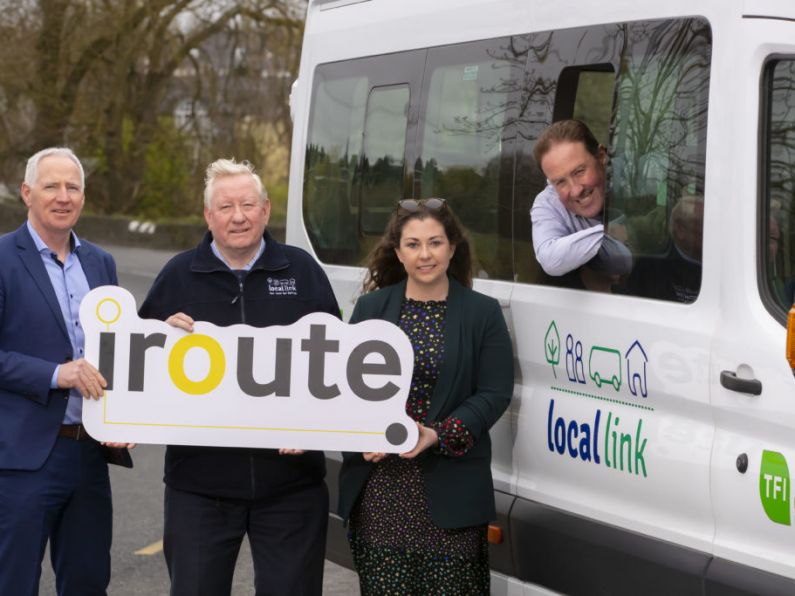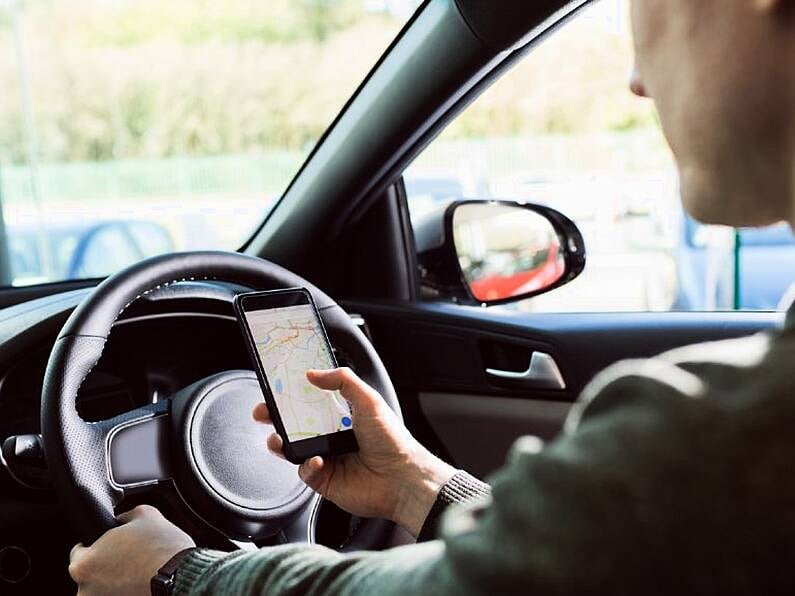Transport and mobility experts from across Europe have begun arriving in Kilkenny for tomorrow’s iRoute conference, a gathering of experts on today, which will put rural mobility in the spotlight and press the case for joined up policy in the area.
Connected rural communities explicitly need to have a solid, integrated physical mobility infrastructure and a co-ordinated mobility plan, similar to the National Broadband Plan, would be a fundamental enabler for communities right across rural Ireland. It would have a transformative impact on the lives of all, the organisers of iRoute conference in Kilkenny say.
Wherever you live in rural Ireland, you should be able to go about your daily business with the back-up of a rural transport programme that operates several times a day every day. Better rural connectivity would also spur those with cars to use public transport more, cutting down harmful emissions, the international Integrated Rural & Urban Transport Evolution (iROUTE ) conference, will hear.
The event will be chaired by economist, Jim Power, and brings together national and international contributors from a variety of backgrounds, including transport providers, academic experts, funders, community groups, local development companies and public representatives.
The event will be addressed by Minister Hildegarde Naughton and transport experts from across Europe, including Lucie Kirstein and Giorgio Ambrosino as well as Irish experts, Gareth Makim, Dr Shane Conway, Tim Gaston and more. All have a singular aim – putting rural public transport policy in the spotlight.
Speaking ahead of the conference, Kilkenny LEADER Partnership CEO, Declan Rice said having a rural transport system that allows young people to jump on a bus to meet their friends or go training and gives people the option to leave their car at home should be a right – not a luxury.
“A fundamental lack of joined up policy means that local authorities and communities are all doing their own thing. This policy gap cannot continue. We need top-down frameworks such as they have in Flanders, which facilitates, and makes room for the inclusion in that framework, of bottom-up community-led local initiatives.
“Local bespoke solutions that meet at least a basic level of service and have the capacity to grow need to be supported. We have all the building blocks, some of what we require is the use of information and communication technology that has already been proven to work in other parts of the world. It’s not going to take a huge amount of money – just some joined up effort.
“If we are serious about creating so-called ‘Smart Villages’ and communities we just need to get the integration planning discussion going and make it work. Ireland has a unique opportunity to lead the way and to show how the future should look for rural shared mobility planning,”.






